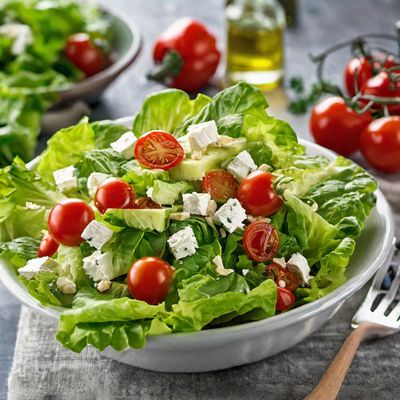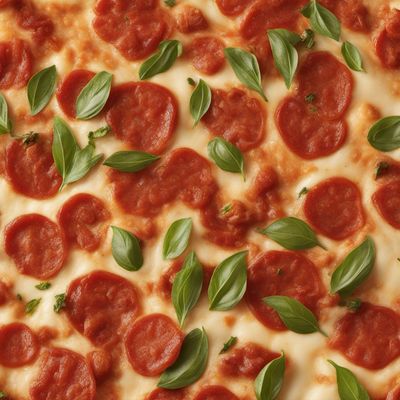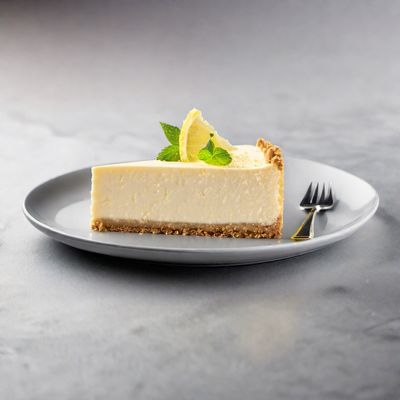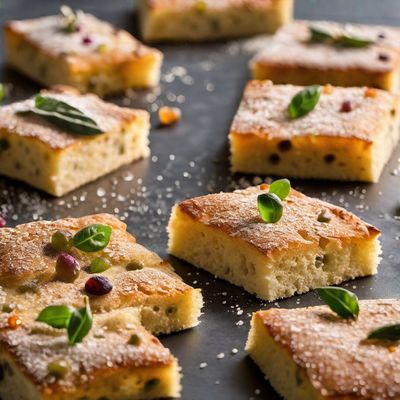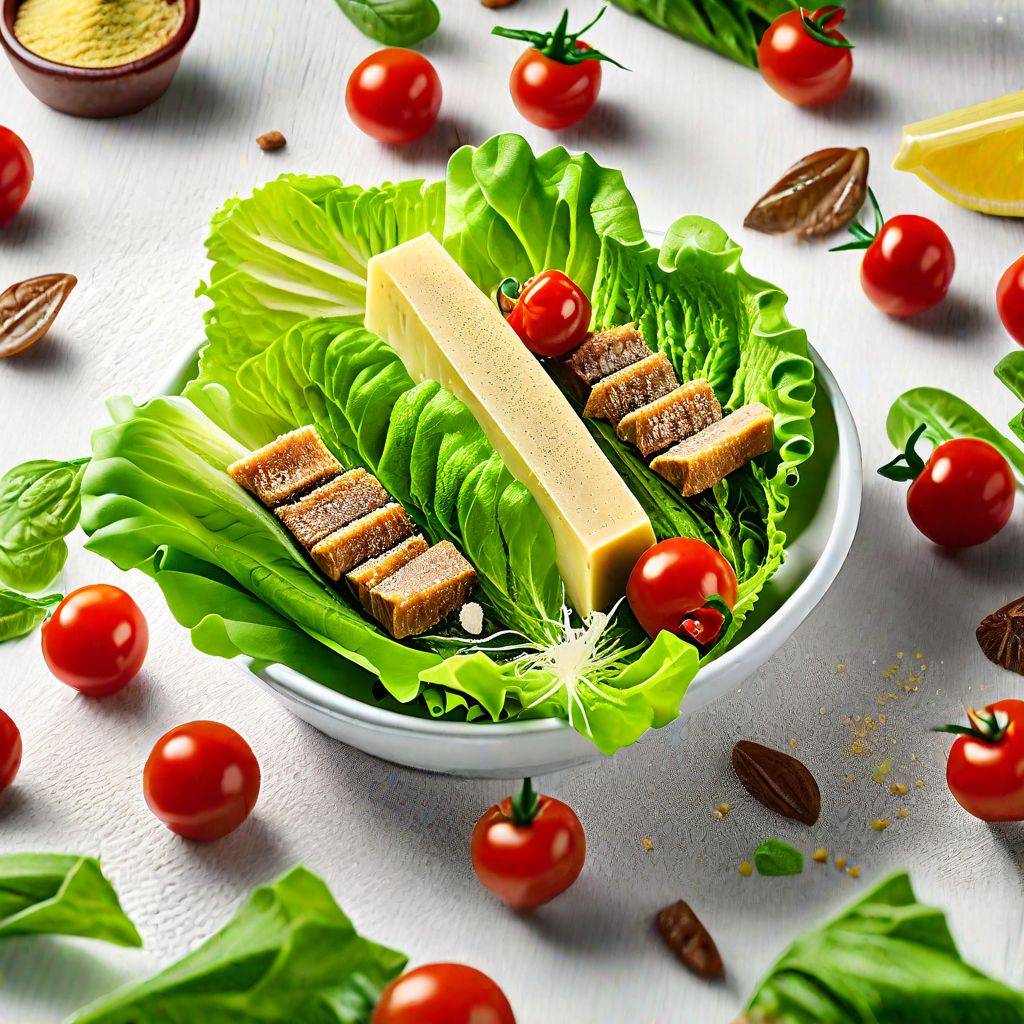
Recipe
Molecular Gastronomy Caesar Salad
Caesar Salad Reimagined: A Molecular Gastronomy Delight
4.6 out of 5
In the realm of molecular gastronomy, the classic Caesar Salad undergoes a captivating transformation. This avant-garde adaptation infuses the traditional American dish with innovative techniques and presentations, resulting in a visually stunning and gastronomically delightful experience.
Metadata
Preparation time
30 minutes
Cooking time
10 minutes
Total time
40 minutes
Yields
4 servings
Preparation difficulty
Medium
Suitable for
Vegetarian, Gluten-free, Low-carb, Keto-friendly, Molecular gastronomy enthusiasts
Allergens
Dairy (Parmesan cheese), Fish (Anchovy fillets)
Not suitable for
Vegan, Dairy-free, Nut-free, Egg-free, Paleo
Ingredients
The Molecular Gastronomy Caesar Salad takes the familiar flavors of the American classic and elevates them through the use of modern culinary techniques. The ingredients are deconstructed, transformed into unique textures, and presented in unexpected ways, offering a novel twist on the traditional Caesar Salad. We alse have the original recipe for Caesar Salad, so you can check it out.
-
200g (7 oz) Romaine lettuce 200g (7 oz) Romaine lettuce
-
50g (1.8 oz) Parmesan cheese, grated 50g (1.8 oz) Parmesan cheese, grated
-
50g (1.8 oz) Croutons 50g (1.8 oz) Croutons
-
50g (1.8 oz) Anchovy fillets 50g (1.8 oz) Anchovy fillets
-
50g (1.8 oz) Cherry tomatoes 50g (1.8 oz) Cherry tomatoes
-
30g (1 oz) Olive oil 30g (1 oz) Olive oil
-
20g (0.7 oz) Lemon juice 20g (0.7 oz) Lemon juice
-
10g (0.35 oz) Dijon mustard 10g (0.35 oz) Dijon mustard
-
5g (0.2 oz) Worcestershire sauce 5g (0.2 oz) Worcestershire sauce
-
5g (0.2 oz) Garlic powder 5g (0.2 oz) Garlic powder
-
Salt and pepper to taste Salt and pepper to taste
Nutrition
- Calories (kcal / KJ): 250 kcal / 1046 KJ
- Fat: 18g, 6g saturated
- Carbohydrates: 10g, 2g sugars
- Protein: 12g
- Fiber: 4g
- Salt: 2g
Preparation
-
1.Deconstructed Romaine Lettuce:
-
2.- Separate the Romaine lettuce leaves and wash them thoroughly.
-
3.- Dry the leaves and cut them into bite-sized pieces.
-
4.- Arrange the lettuce pieces on a plate, creating an artistic composition.
-
5.
-
6.Parmesan Crisp:
-
7.- Preheat the oven to 180°C (350°F).
-
8.- Spread grated Parmesan cheese on a baking sheet lined with parchment paper.
-
9.- Bake for 5-7 minutes until the cheese melts and turns golden.
-
10.- Remove from the oven and let it cool. Break into small pieces.
-
11.
-
12.Anchovy Gel:
-
13.- Blend the anchovy fillets with olive oil, lemon juice, Dijon mustard, Worcestershire sauce, and garlic powder until smooth.
-
14.- Pass the mixture through a fine sieve to remove any solids.
-
15.- Transfer the liquid to a squeeze bottle.
-
16.
-
17.Tomato Spheres:
-
18.- Prepare a calcium chloride bath by dissolving 5g (0.2 oz) of calcium chloride in 500ml (2 cups) of water.
-
19.- Drop cherry tomatoes into the bath and let them sit for 2 minutes.
-
20.- Remove the tomatoes and rinse them with water.
-
21.- Prepare a sodium alginate bath by dissolving 2g (0.07 oz) of sodium alginate in 500ml (2 cups) of water.
-
22.- Drop the tomatoes into the sodium alginate bath and let them sit for 3 minutes.
-
23.- Remove the tomatoes and rinse them with water.
-
24.
-
25.Assembly:
-
26.- Place the deconstructed Romaine lettuce on a plate.
-
27.- Garnish with Parmesan crisps, croutons, and tomato spheres.
-
28.- Drizzle the anchovy gel over the salad.
-
29.- Season with salt and pepper to taste.
Treat your ingredients with care...
- Romaine lettuce — Ensure the lettuce leaves are thoroughly dry to prevent the salad from becoming watery.
- Parmesan cheese — Use freshly grated Parmesan for the best flavor and texture.
- Anchovy fillets — Opt for high-quality anchovy fillets packed in olive oil for a rich and savory taste.
- Cherry tomatoes — Choose ripe and firm cherry tomatoes to achieve the desired texture in the tomato spheres.
- Olive oil — Use extra virgin olive oil for its robust flavor.
Tips & Tricks
- Experiment with different shapes and sizes for the tomato spheres to add visual interest.
- For an extra burst of flavor, infuse the olive oil with garlic and herbs before blending it with the anchovy fillets.
- If you don't have sodium alginate and calcium chloride, you can try using agar-agar as a gelling agent for the tomato spheres.
- Add a touch of creativity by incorporating edible flowers or microgreens as additional garnishes.
- Serve the salad immediately after assembly to maintain the desired textures.
Serving advice
Serve the Molecular Gastronomy Caesar Salad as an appetizer or a visually striking side dish. Encourage diners to explore the deconstructed elements and enjoy the interplay of flavors and textures.
Presentation advice
Arrange the deconstructed Romaine lettuce leaves in an artistic manner, creating height and dimension on the plate. Place the Parmesan crisps, croutons, and tomato spheres strategically to enhance the visual appeal. Drizzle the anchovy gel gracefully over the salad, ensuring it complements the overall presentation.
More recipes...
For Caesar Salad » Browse all
For American cuisine » Browse all
More American cuisine dishes » Browse all

Doughnut
A doughnut is a fried pastry that is typically round and has a hole in the center. It can be filled with various types of cream or jelly and is...
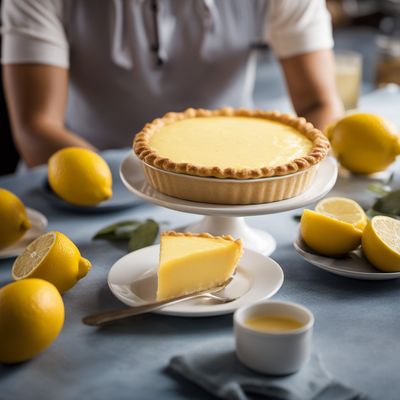
Shaker Lemon Pie
Shaker lemon pie is a classic American dessert that is made with thinly sliced lemons and a buttery crust. The pie has a sweet and tangy flavor...
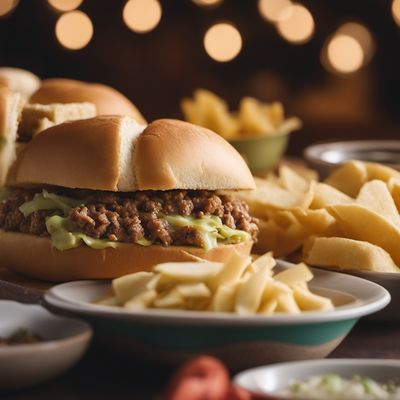
Runza
Runza is a traditional fast food dish from Nebraska that is made with a yeast dough bread pocket filled with ground beef, onions, and cabbage. It...


